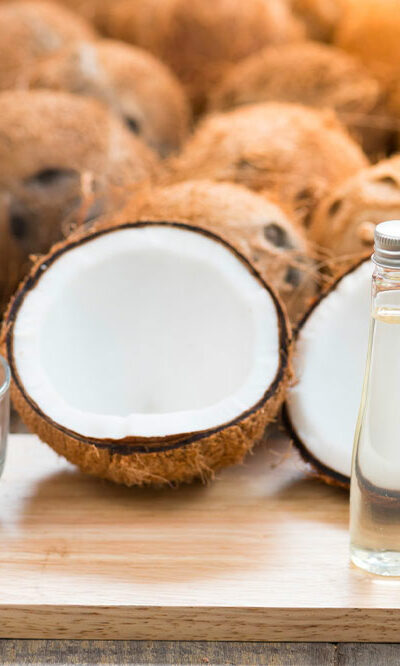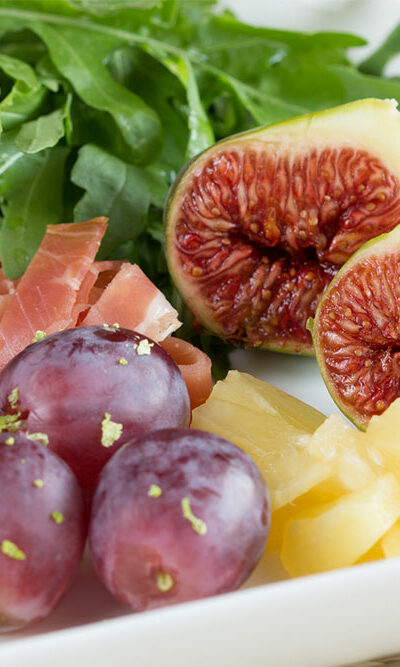
Tips, home remedies, and foods to manage dry eyes
Dry eye syndrome is a condition characterized by the tear glands not producing adequate fluid to keep the eyes lubricated. This condition can lead to symptoms such as scratchy eyes, eye fatigue, heavy eyelids, pain, light sensitivity, and even blurred vision. These can disrupt one’s daily schedule and be very painful, causing further distress. This article shares some home remedies that one can try to relieve the symptoms of dry eyes. 5 Tips and Home Remedies to Manage Dry Eye Syndrome Use warm compresses Warm compresses basically stimulate the tear glands to promote the production of tears. This can be a regular practice and can provide great relief when done every day. Have a good night’s sleep Lack of sleep can instigate dry eyes and eye fatigue in people who would not have the condition otherwise. It is recommended to take short breaks between screen time and get some shut-eye. Use a humidifier People who reside in a region that is dominated by dry and cold weather must invest in a humidifier for it retains the moisture in the air and helps relieve the discomfort caused by the dry weather. Stay hydrated An adequate intake of water is essential for everyone, but it’s especially important for patients with dry eye syndrome. Having enough water can further help to keep the eyes lubricated, which helps in soothing the dry eye symptoms. Use eye drops or ointments Any over-the-counter eye drops available can help soothe the dry eye syndrome and provide temporary relief. You can also opt for eye drops that induce artificial tears to lubricate the eyes; however, remember to buy the ones without preservatives. Foods to Have for Dry Eye Syndrome Foods that are a potent source of omega-3 fatty acids significantly help relieve the symptoms of dry eyes when eaten over a period of time.










